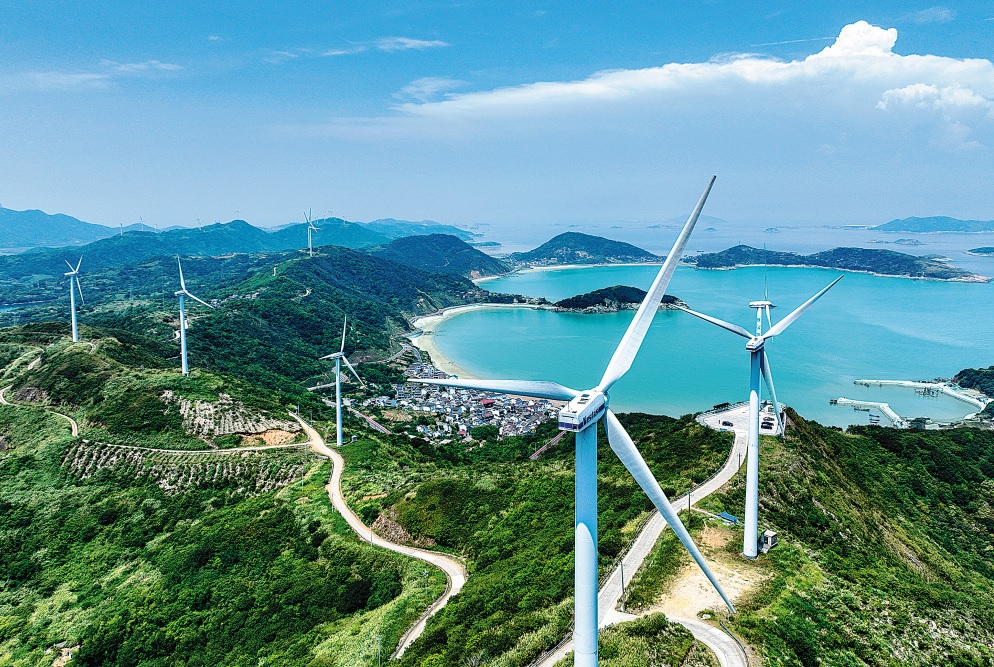China’s Foreign Ministry has vehemently refuted reports claiming that the country obstructed climate negotiations during a recent Group of 20 (G20) meeting. The Ministry expressed regret over the introduction of geopolitical issues, which led to the failure to adopt a joint communique and deliver new pledges during the three-day discussions held in India. The Financial Times cited that China and Saudi Arabia’s stance on crucial issues like greenhouse gas emissions targets endangered the prospect of reaching an agreement on ending fossil fuel use and promoting renewable energy. In response, the Foreign Ministry emphasized China’s commitment to advancing global climate governance and called for mutual cooperation in addressing climate change issues worldwide. Additionally, the Ministry condemned the United States’ latest actions against two Chinese companies, asserting that such moves are aimed at undermining China’s prosperity and stability.
China’s Rebuttal to Accusations at G20 Meeting
China’s Foreign Ministry addressed the allegations head-on and refuted the claims of obstructing climate negotiations at the G20 meeting. According to the Ministry, the reports are inconsistent with the facts, and China actively worked to coordinate the interests of all parties in order to achieve a balanced outcome. Beijing emphasized the importance of avoiding unwarranted discrimination or restriction of international trade based on green economic policies, urging the G20 to respect the different development stages and realities of countries. China emphasized its commitment to a just, green, and low-carbon transition worldwide and called on developed nations to fulfill their responsibilities and obligations regarding climate response.
China’s Contributions to Global Climate Governance
The Foreign Ministry emphasized China’s proactive efforts to advance global climate governance and its major contributions to climate change mitigation. Since 2000, China has created the world’s largest renewable energy generation system and provided one-quarter of the world’s newly added green areas. The country has made exceptional success, with an average yearly growth rate of 6.2 percent and a year-on-year increase in energy consumption of 3 percent. Furthermore, China has collaborated extensively with other countries, signing 43 climate response agreements and training officials and professionals from over 120 developing countries. Beijing also stressed its commitment to establishing a global climate governance framework that is fair, reasonable, and win-win.
China’s Vow for Collaborative Action
The Foreign Ministry reiterated China’s dedication to strengthening policy exchanges and practical cooperation on environmental and climate issues. China expressed its willingness to collaborate with other countries under the G20 and other frameworks, promoting green, low-carbon, and sustainable development globally. The nation emphasized the importance of working collectively to address climate change and foster mutual understanding and cooperation among nations.
China’s Foreign Ministry has strongly refuted accusations of obstructing climate negotiations at the G20 meeting and emphasized the country’s commitment to advancing global climate governance. China called for mutual cooperation among nations and highlighted its significant contributions to the fight against climate change, showcasing its proactive approach to environmental preservation and sustainable development. Despite facing challenges and criticism, China remains steadfast in its dedication to collaborative action on climate issues, striving for a greener, low-carbon, and sustainable future for the world. Additionally, the Ministry condemned the United States’ latest actions against Chinese companies, vowing to protect the lawful rights and interests of its businesses.















